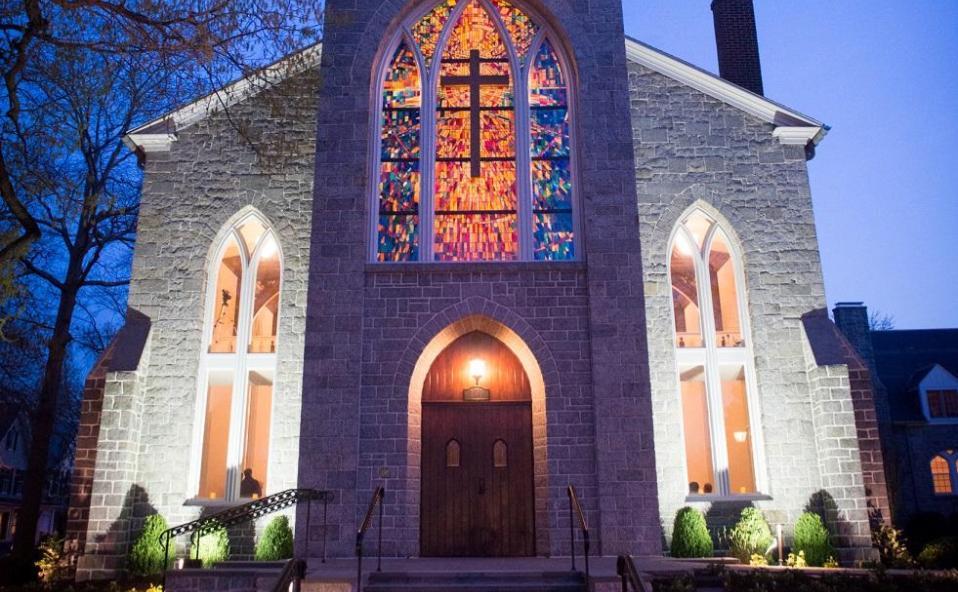 On Sunday, March 11 the Christ Church Brass will present an array of selections from composers including Pitoni, Palestrina, Molter, and Brahms as part of the 11 am morning worship service. Prelude music will begin at 10:50 am.
On Sunday, March 11 the Christ Church Brass will present an array of selections from composers including Pitoni, Palestrina, Molter, and Brahms as part of the 11 am morning worship service. Prelude music will begin at 10:50 am.
Prelude music will begin with Cantate Domine, a gem composed by one of Italy’s leading composers of the late Baroque, Giuseppi Pitoni. The piece, though commonly known as a choral motet, lends itself beautifully to four part instrumental writing, and the timbres of the brass maintain the brightness of composer’s original intent. Another of Italy’s celebrated composers from the Renaissance period, Giovanni Pierluigi da Palestrina, will be featured next in the lineup. This particular composer is, perhaps, the finest representative from the sixteenth-century Roman School of musical composition. Palestrina, whose work had both significant and lasting influence upon sacred music, is regarded as quintessential in polyphony of the Renaissance.
Johannes Brahms who was unswayed by the principles of the “New German School” believed the old methods of composition could still communicate the essence of German Romanticism. Illustrative of this sentiment is his Lass dich nur nichts nict dauren, op. 30 which will also be featured. A masterfully crafted composition, it is an eloquent setting of a text by seventeenth-century author, Paul Flemming. Of particular interest is the double canon between the first trumpet and trombone and the second trumpet and trombone. Added to the serene mood of the piece is the light and transparent organ accompaniment throughout.
During the communion, the brass quartet will feature the work of the German Baroque composer and violinist, Johann Melchior Molter. Educated in Eisenach, the composer went on to study composition in Italy for about two years before becoming court Kapellmeister at Karlsruhe and later, in 1734, of the court of Duke Wilhelm Heinrich of Sase-Eisenach. Listeners will recognize in his setting of Hertzlich tut mit verlangen a tune widely known as the Passion Chorale used prevalently in J. S. Bach’s setting of the St. Matthew Passion.
In addition to the music of the brass quartet, the Christ Church Choir will present during the offertory Sir John Stainer’s, God so Loved the World from late nineteenth-century oratorio, The Crucifixion. The piece will be preceded by the tenor solo that segues into the beloved a cappella chorus. The soloist will be tenor, Jason Kakuk. Also, featured will be the Christ Church Choral Scholars in a setting of George Herbert’s text, Lord, Who Hast Formed Me arranged by a South Carolina composer, Arlen Clarke.
For more information about this and other music offerings at Christ Church, please visit www.christchurcheaston.org or call 410-822-2677.




Write a Letter to the Editor on this Article
We encourage readers to offer their point of view on this article by submitting the following form. Editing is sometimes necessary and is done at the discretion of the editorial staff.